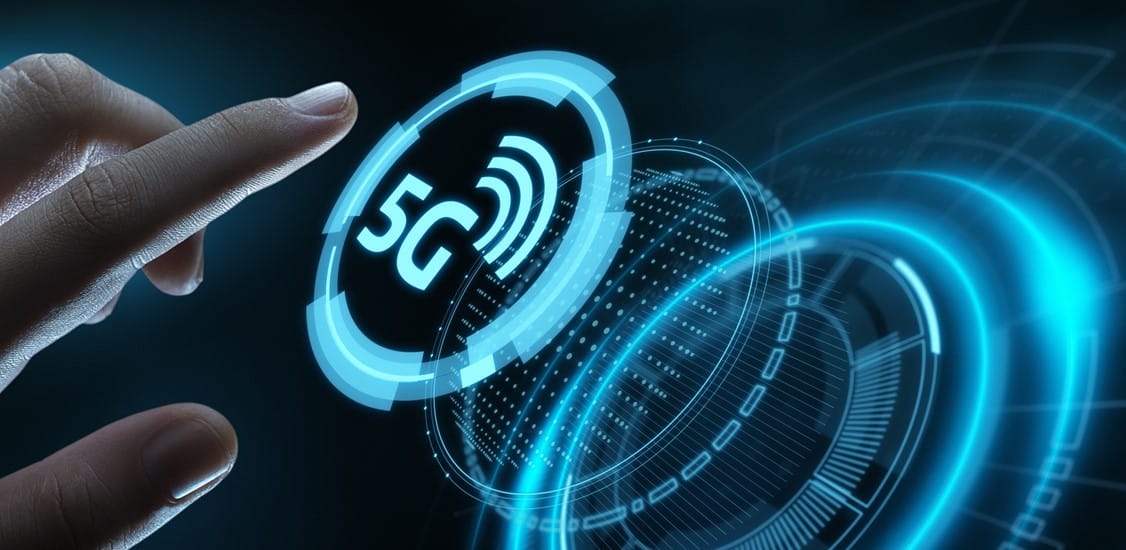advertisement
Debunking Myths, Realities and Opportunities Around 5G
The Kenya ICT Action Network in partnership with Huawei recently engaged experts in a 90-minute interactive webinar on 5G. Themed:…

The Kenya ICT Action Network in partnership with Huawei recently engaged experts in a 90-minute interactive webinar on 5G.
Themed: 5G Myths, Realities, and Opportunities, the session hosted discussions that focused on debunking conspiracy-oriented theories circulating on social media regarding 5G as it delved into what the fifth-generation wireless technology really is, its impact in transforming lives and the opportunities it will bring to Kenya and by extension the continent of Africa.

Moderated by Ali Hussein, CEO, Kipochi Limited, the expert panel emphasized that the perception that 5G is in any way linked to Covid-19 is false and baseless. The panel outlined the multiple digital opportunities offered by the new technology in the Era of Covid-19 on the industry, particularly, in the health care sector, while outlining the 5G’s basic terminologies, innovation, and industry standards.
advertisement

While quashing the myths about the novel technology, Daniel Obam, Communications Radio Technology Expert at National Communications Secretariat in Kenya said: “The World Health Organisation has conclusive evidence that mobile phones do not cause any harm; 5G uses non-ionizing radiation that is not dangerous. The radio waves from 5G are tiny and they are nowhere strong enough to affect the immune system. They are less powerful even than visible light”.

John Walubengo, Senior Lecturer at the Multimedia University in Nairobi, spoke about the concept of 5G. “As a user, you will experience better download and upload speeds. In terms of smart meters, instead of sending individuals to come to your house to read a meter, millions of smart meters can report back to the central network on their own,” he explained.
Huawei shared suggestions for governments’ 5G roadmaps, which start with allocating contiguous spectrum available in a timely manner and further proposed on joint innovation with industry and government.
advertisement

Huawei’s Kenya Deputy CEO Adam Lane said “Many countries have developed 5G national strategies; indeed it is becoming a cornerstone of national development strategies. The contributions estimated by different countries are quite staggering and some countries have even analyzed how much greater the benefits would be from a quick roll-out compared to a slow roll-out.”
Huawei Southern Africa, Senior Director of Innovation and ICT Strategies, Dr. Bello Moussa, further elaborated by noting that, “Huawei is a global leader in deploying 5G networks for mobile communication companies.”
He emphasized the tremendous opportunities for 5G to connect homes and businesses with fiber-like speeds, in various uses within hospitals, particularly during COVID-19, when you don’t want human contact, as well as various industries such as tourism and sports. He gave examples in the tourism industry of where hotels will be able to use 5G to ensure every room has high-speed Wi-Fi without needing cables going to each room, how live streaming, virtual reality and augmented reality applications can help generate new revenue for tourist attractions and could even be tried during COVID-19 with tourists participating virtually.
advertisement
In the ports, transport, and logistics industry which is also critical to the Kenyan economy, 5G will mean more efficiency in checking consignments using cameras, sensors, and scanners; moving consignments around safely with self-driving vehicles and improving collaboration with vehicles, workers and the different government agencies involved.
Communications Authority of Kenya’s Acting Manager for Frequency Planning, Ann Kinyanjui, gave an overview of the regulatory perspectives on 5G noting that the CA is looking at different licensing methodologies, the amount of bandwidth to be offered to operators and frequency spectrum allocations. She reiterated that the CA will continue participating in future 5G studies and work with relevant stakeholders to develop strategies that will benefit Kenya.
As we fight a global common adversary in the deadly Covid-19 pandemic, to survive and prosper, we must change the way we live, study, and work. In Kenya, we are moving towards E-learning, online shopping, and business through videoconferencing as demonstrated by this webinar.
5G wireless technology will result in a massive increase in data speeds, lower latencies, and the capacity to carry large numbers of connections simultaneously, changing how people interact with the internet and inspiring innovation and new services. Leveraging 5G will require a change in mindsets. Organizations and people that will embrace the change faster will gain a competitive advantage over those that will not.
The webinar recording can be viewed on YouTube at https://www.youtube.com/watch?v=8n-ylwx6JT4.